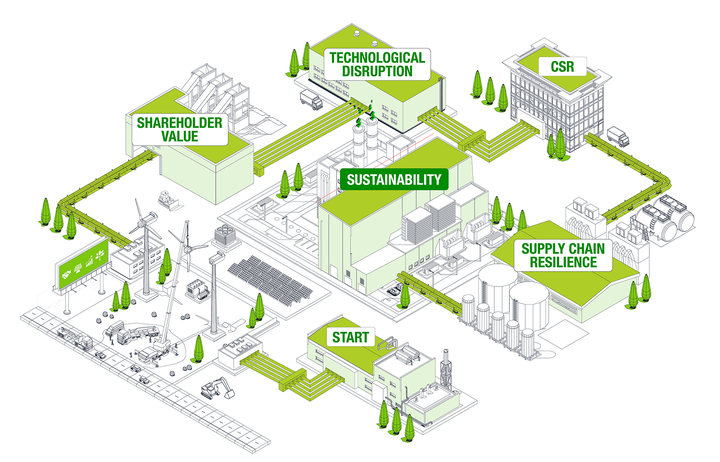 Image credit: National University of Singapore Continuing Education
Image credit: National University of Singapore Continuing Education
Abstract
A lecture on ‘Getting to Net-Zero with Science, Research, and Partnerships’ for Singapore public officers, organised by NUS CNCS, NUS SCALE, and the National Climate Change Secretariat. Synopsis. Reaching net-zero by 2050—or the reduction of greenhouse gas emissions to as close to zero as possible, including the removal of any remaining emissions released into the atmosphere—is important to avert the worst impacts of climate change and preserve a liveable planet Earth. Countries and businesses will therefore need to take bold, decisive actions toward reducing emissions deeply and immediately, so that global emissions can decline to net-zero by 2050, thereby achieving the Paris Agreement goal of limiting global temperature increase to 1.5°C. In this session, we will learn about the importance of scientific research through collaborative partnerships between various stakeholders including government, business, academia, civil society, and local communities toward reaching net-zero. The session will highlight the pivotal role of the Agriculture, Forestry, and Other Land Use (AFOLU) sector, considered as both a major carbon source and carbon sink globally, in reaching net-zero emissions, with a specific focus on examples in Southeast Asia.